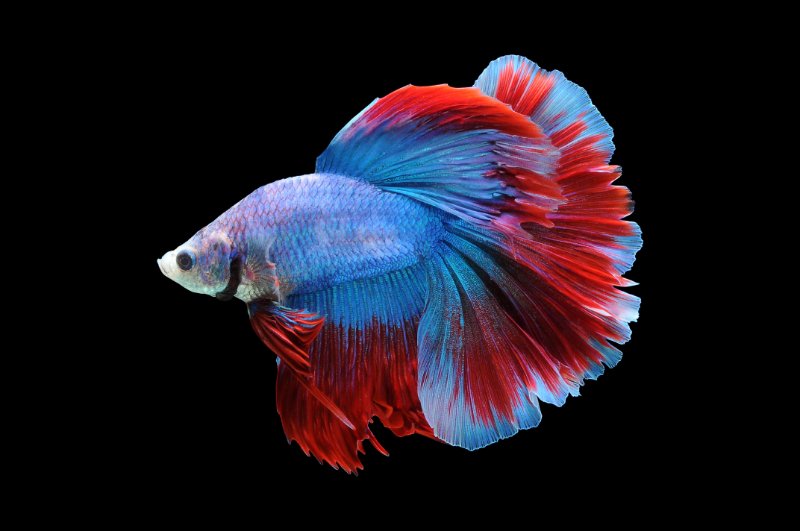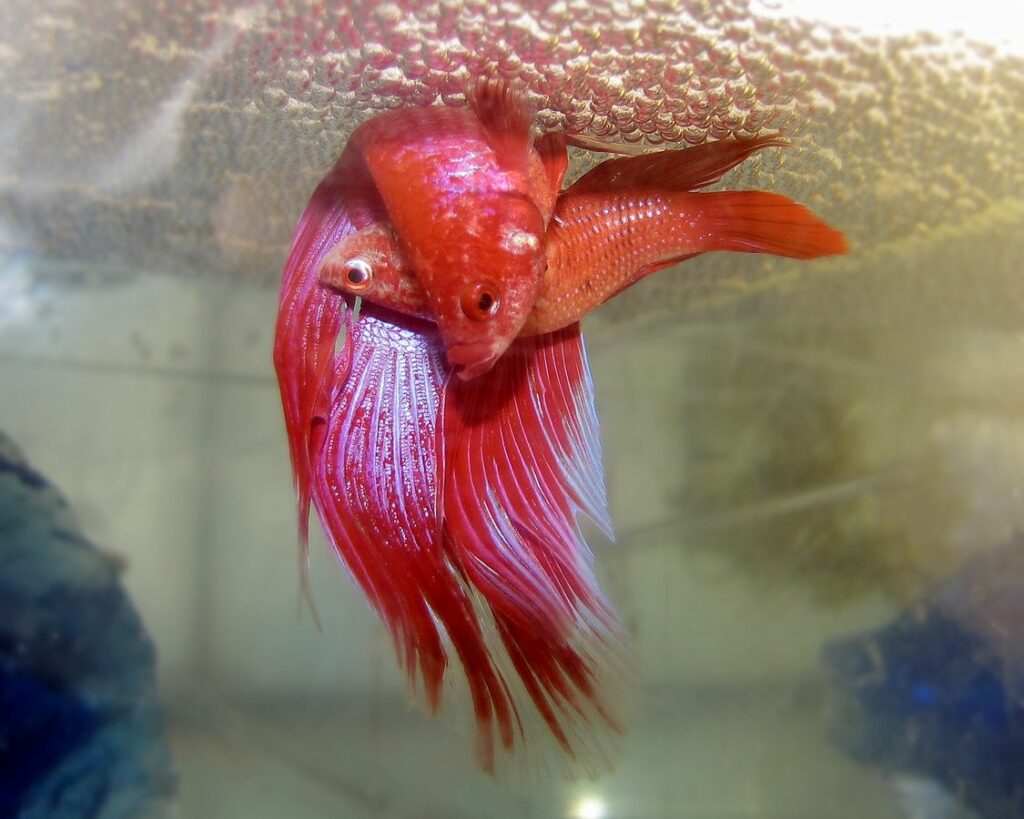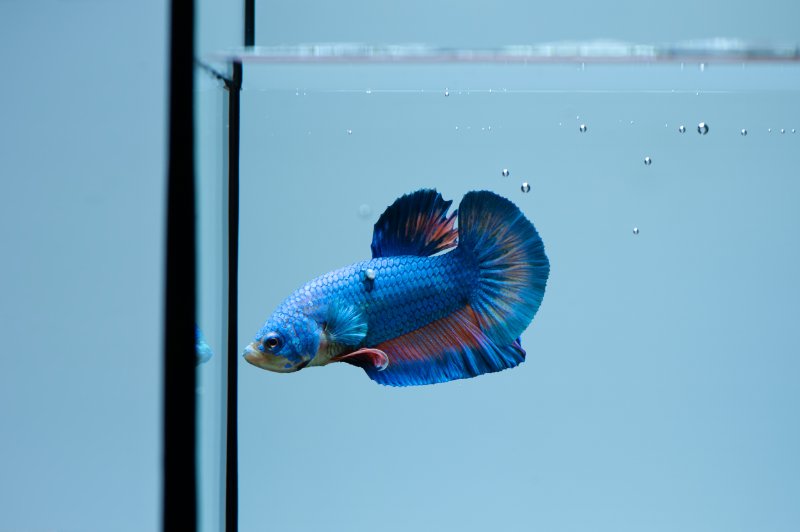Beloved for their vibrant colors and flowing fins, Betta fish make great pets for people of all ages. But as with any pet, these aquatic beauties can also fall victim to various diseases. To keep your Betta happy and healthy, you need to understand the common Betta diseases, their causes, symptoms, prevention, and treatment.
Recognizing and Treating Betta Diseases

The key to keeping Betta diseases at bay lies in maintaining a clean, stress-free environment for your pet. Let’s delve into some common Betta ailments and ways you can handle them.
Constipation in Betta fish

Although it’s not technically a disease, constipation is a common condition that can wreak havoc on your Betta’s health. Main symptoms? Your fish shows signs of bloating and stops eating. Often the root cause is overfeeding. Feed your Betta once a day, ensuring it finishes its food within 5-10 minutes. Following this regimen can help prevent constipation in your Betta.
The Mystery of Ich

Ich, also known as White Spot, is a parasitic disease that can severely stress your Betta fish. This parasite can multiply rapidly leading to visible white specks on your fish’s body. Treatment usually involves:
- Increasing the tank’s water temperature
- Medicating the water for approximately 10-14 days
Fending off Fin Rot

Beware of fin rot! This bacterial infection can lead to ragged fins, which over time appear progressively shorter. Crowded tanks and poor water conditions could trigger fin rot. To treat this condition:
- Completely change the water in the tank
- Clean the tank
- Administer appropriate medication
Betta Diseases: Dropsy and Velvet
Dropsy in Betta fish

Dropsy is a bacterial infection that can be lethal if untreated. The main symptom to look out for is bloating. As the bacteria affect the kidneys, your Betta retains fluids, leading to apparent bloating. Timely treatment involves changing the water in the tank and giving the right medication.
Dealing with Velvet

Last but not least, Velvet: another parasitic disease that can impact all the fish in your tank. Early detection is key, as visible symptoms such as a rust-like appearance on your fish’s skin may appear late in the infection. Cocktail treatment suggested below can help you win the Velvet battle:
- Raising the water temperature
- Keeping the tank dim for several days
- Maintaining slightly salty water (use aquarium salt)
- Adding a copper sulfate solution
In summary, keeping a close eye on your Betta’s health and maintaining clean water conditions can fend off most of these common Betta diseases. Remember, early detection and professional advice can save the day. Happy fish-keeping!